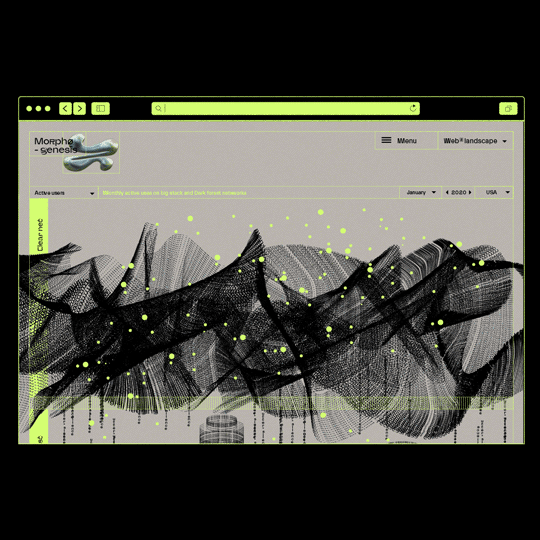Morphogenesis-z investigates the contemporary embodiment of today’s digital counterculture mapping out the new psychogeography of the internet. A space that once was a utopian ideal of the 90s, becomes a relentless power-hungry weapon to be countered.
The research explores the viability and legitimacy pertaining to the need for a new counterculture, a non-indexed, non-gamified and non-algorithmic vessel that could depressurize the digital habitat away from censorship, surveillance and data extraction of the mainstream stacks.
As an outcome, Morphogenesis-z is an interactive online platform that documents the birth of a new interdependent zone “The Dark Forest” a sub-Clearnet space derived from the Darknet’s hacker’s ethos recuperating new forms of transgression. The Dark Forest theory refers to the rise of platforms retaliating against the big stack spaces: Google, Instagram, Facebook, etc. a concept originally introduced by kick-starter co-founder Yancey Strickler and further theorized by Caroline Busta and Joshua Citarella.
The interactive website contributes to informing and updating the ongoing shift in the media sphere: The user will be able to witness the growth and the safety of the Dark Forest by getting visual insights on data breaches, behaviour nudging, shadow banning and biased content moderation that takes place on the Clearnet in comparison with the Dark Forest. It features a digital tool kit on how to surf around the online landscape and enables users to shape the growth of the Dark Forest through a communication idea pool vehicle that increases the flow of user-generated content to potentially fortify and expand the Dark Forest its own independent universe. No data collection or surveillance will be required from the visitor: privacy and anonymity are given on Morphogenesis-z.
Project done and submitted as part of my master's program thesis in visual and experience design at the University of Europe for Applied Sciences - Berlin.







